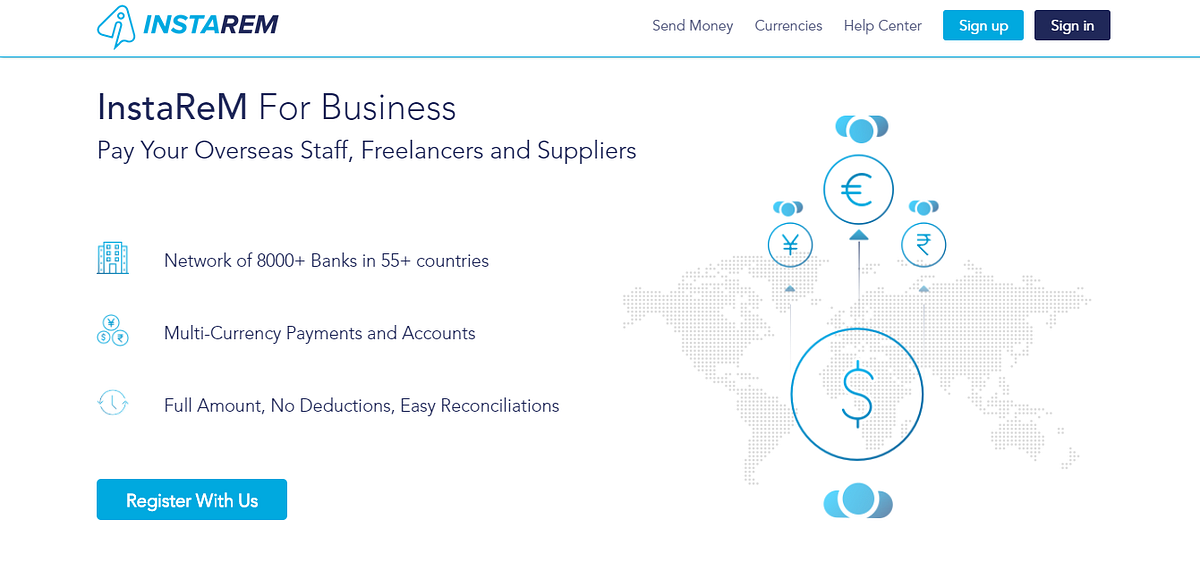It’s high time Singapore SMEs fought back against the evolving cyber-threat landscape

As the Asia-Pacific region undergoes rapid digital transformation, emerging technologies are coming to the forefront of many businesses in Singapore.
Despite the positive business benefits delivered by such technologies – including fostering innovation and optimised workplace efficiencies – with any digitisation comes an inherent risk. As organisations move into this new cyber era, the expanding digital business has opened the door for cyber-criminals to launch increasingly potent and sophisticated attacks.
Due to often limited reliable cyber resources and insufficient IT talent, small and medium enterprises (SMEs) are increasingly falling prey to cyber-threats.
In fact, recent surveys show that three in five SMEs in Singapore have had cybersecurity breaches that resulted in business disruptions and data leaks over the past 12 months – and of these, 40 per cent of cyber-attacks in Singapore have been found to target SMEs.
Also Read: The essentials of mapping a customer journey across digital assets
Amidst the constant rise in data breaches, SMEs must stop consigning cybersecurity to the backburner.
By taking a preventative, rather than reactive, approach to cyber defences – such as harnessing the power of cyber AI and fostering a strong – SMEs can overcome the roadblocks they face in defending themselves, and rise as more resilient against the evolving threat landscape.
Raising cyber awareness by cultivating a robust corporate culture
According to a survey from Chubb, half of all SMEs said key staff members may not be fully aware of their obligations to protect the data to which they have access. Even further, the survey found that most do not fully understand what constitutes a cybersecurity risk.
The lack of awareness around the urgency of cyber defence in light of an advanced and evolving ecosystem of cyber-criminals, coupled with the traditional downplaying of such risks, threatens the lifeline of the SME economy in the region.
Therefore it has become critical that SMEs foster a culture of cyber awareness across the entire business – from top management to entry-level employees – which can be achieved as easily as organising regular staff training sessions and briefings on cyber best practices.
Since workplace culture drives employee behaviour, SMEs can engage both new and older employees in campaigns and workshops. Staff training can focus on case studies of previous cyber-attacks, some of which have stemmed from e-mail phishing – clicking on suspicious links, tech support scams, malware infection, among others.
By encouraging such educational programmes at the workplace, businesses can reduce employee vulnerability to cyber-attacks, and educate them on how to boost frontline cyber defence to safeguard critical information.
Overcoming limited resources and talent by tapping into cyber AI defence
While fostering a culture of cybersecurity and getting familiar with potential risk is a strong start, SMEs simply cannot defeat sophisticated cyber-attackers without the help of AI technologies – the cyber threat landscape evolves too quickly, and attacks strike at machine speeds.
And after all, many SMEs still lack sufficient cyber security infrastructure and headcounts required to defend against minor cyber breaches.
Human teams and traditional technologies are already outpaced by cyber-criminals. What will happen when threat-actors turn to AI to supercharge their attack methods? Cyber AI is thus imperative to actively detect and neutralise threats within seconds of it emerging on the network. SMEs will have to arm themselves with AI, combatting these adversaries with machines to win the war of algorithm against algorithm.
Moreover, and a huge value add for SMEs, AI-enabled technologies play an active role in filling the gap of IT talent shortage. Industry sectors that are currently under-staffed are turning to cyber AI defence solutions that autonomously pre-empt and neutralise cyber risks before they turn into full-fledged cyber-attacks. With such technological help, SMEs can minimise the odds of a major cyber incident and lower potential damages.
This has already been proven to work across thousands of customers. In one example, cyber AI found that a senior executive at a financial services company in Singapore became a target of a phishing scam launched by sophisticated cyber-criminals.
After entering into the corporate network via a malicious link within an email, the attackers were able to move laterally through the company’s cyber infrastructure looking to compromise sensitive information.
However, Darktrace’s AI technology identified this suspicious, irregular behaviour within two seconds, buying back critical time for the lean security team to respond and mitigate the threat – before it escalated into a crisis.

Time for cyber-readiness is now
As SMEs currently make up 99 per cent of Singapore’s enterprises, employ two-thirds of the workforce, and account for half of Singapore’s GDP, any vulnerability to cyber-threats will have a toll on our economy and wider society.
Also Read: What I learnt from training Malaysia’s most multicultural startup
These organisations must acknowledge that despite the various barriers they may face, a proactive cyber approach should still be adopted.
The first half of 2019 has seen multiple high-profile cyber incidents and the trend is unlikely to stop any time soon.
Organisations, regardless of size, must not only cultivate a better understanding of cyber-risks among their employees, but also ramp up rapid detection and containment strategies fuelled by AI technology – enabling institutions to stay one step ahead of tomorrow’s threat.
—
e27 publishes relevant guest contributions from the community. Share your honest opinions and expert knowledge by submitting your content here.
The post The clock is ticking for SMEs to get their shields up against cyber-threats appeared first on e27.
















